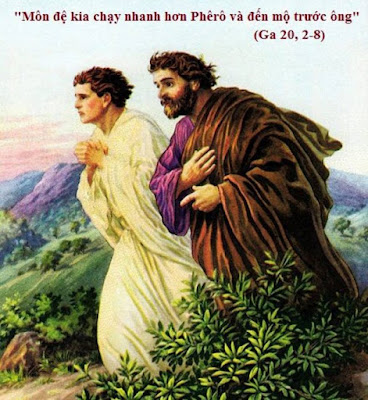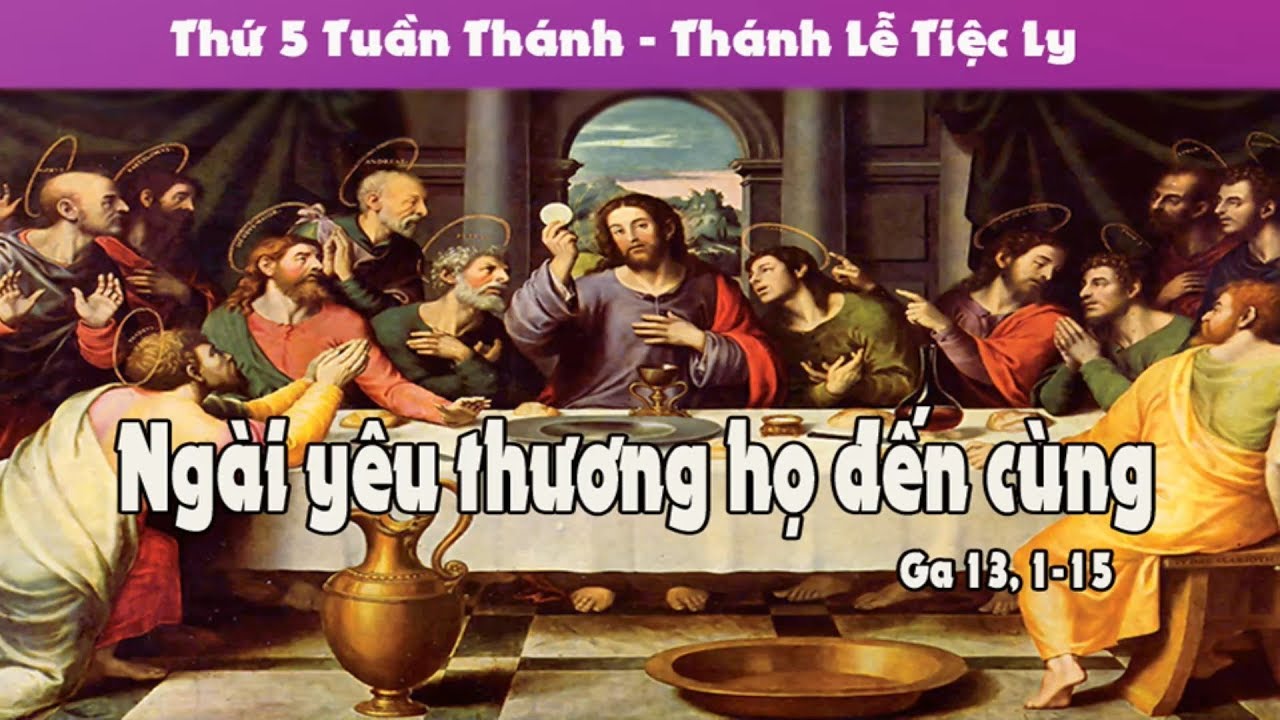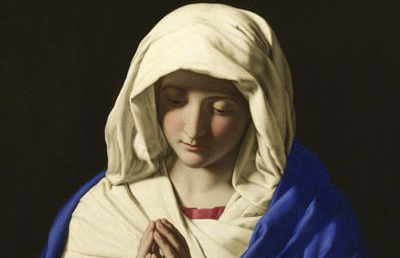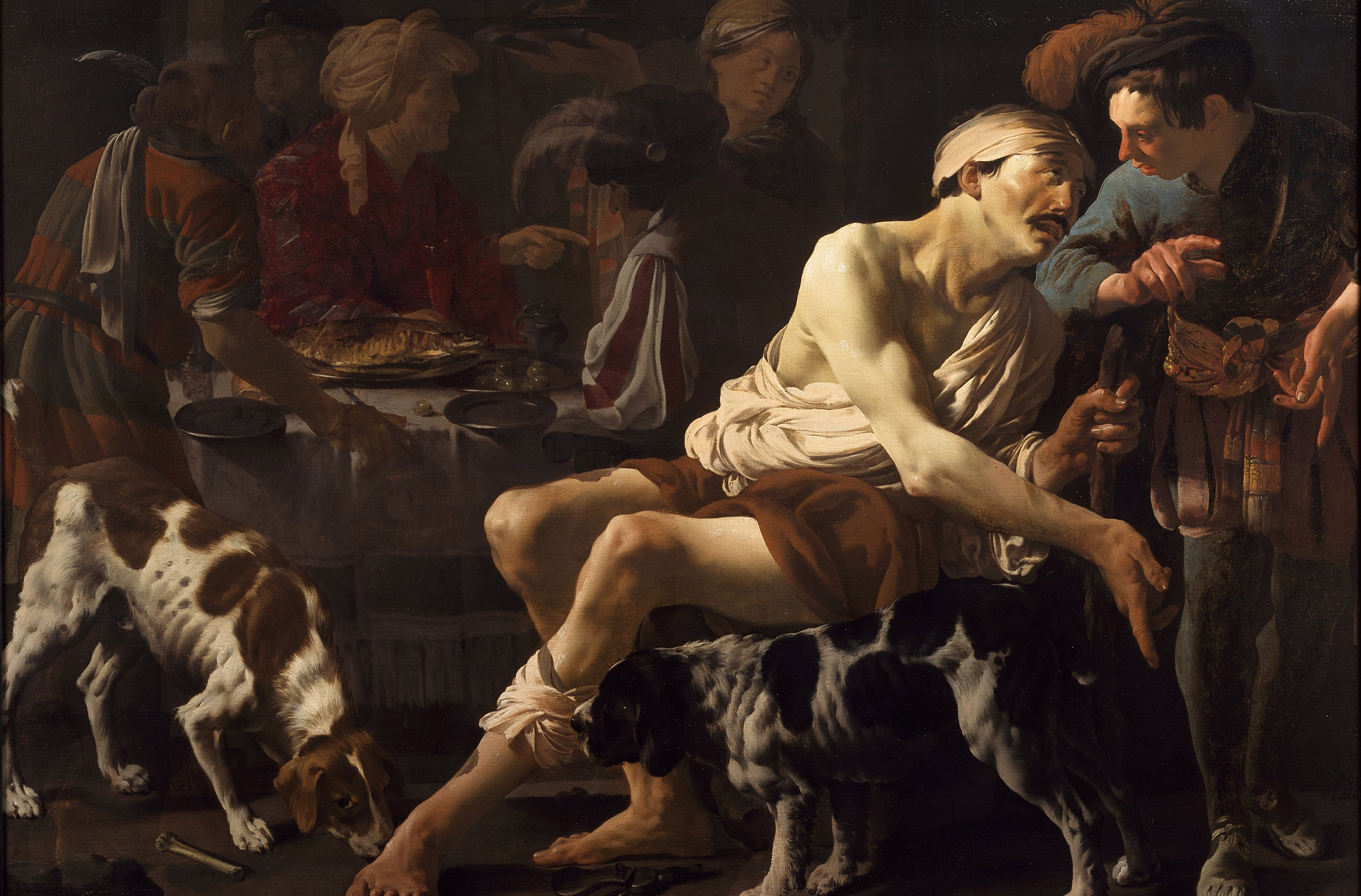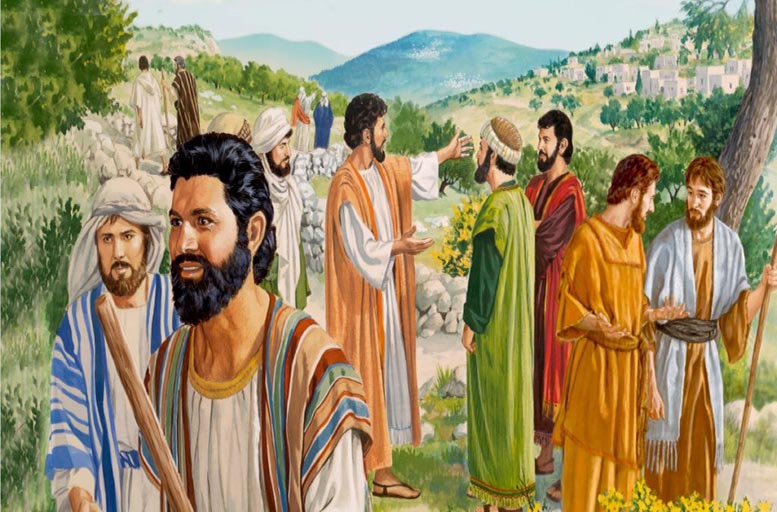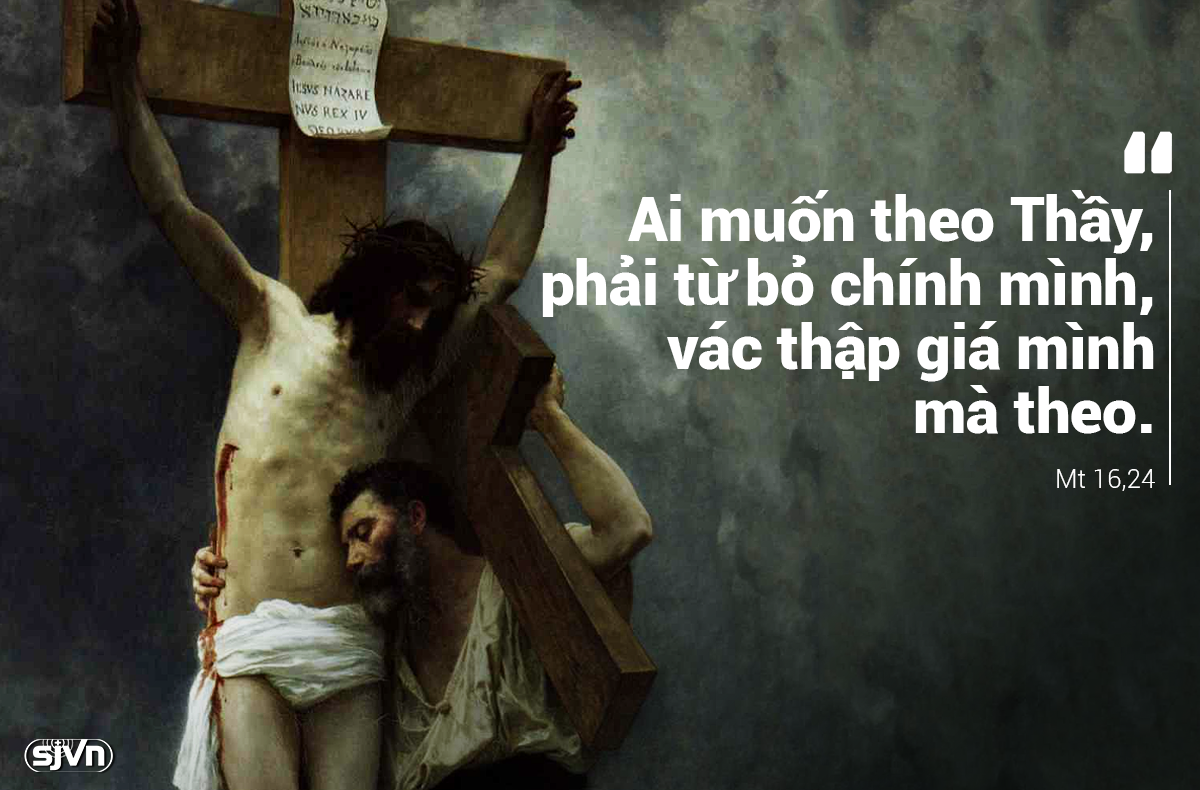Reflection
25th Sunday in Ordinary Time | Year C
Luke 16:1-13
Jesus said to his disciples, "There was a rich man who had a steward who was denounced to him for being wasteful with his property. He called for the man and said, 'What is this I hear about you? Draw me up an account of your stewardship because you are not to be my steward any longer.” Then the steward said to himself, 'Now that my master is taking the stewardship from me, what am I to do? Dig? I am not strong enough. Go begging? I should be too ashamed. Ah, I know what I will do to make sure that when I am dismissed from office there will be some to welcome me into their homes.”
Then he called his master's debtors one by one. To the first he said, “How much do you owe my master?” “One hundred measures of oil” was the reply. The steward said, “Here take your bond; sit down straight away and write fifty.” To another he said, “And you, sir, how much do you owe?” “One hundred measures of wheat” was the reply. The steward said, “Here take your bond and write eighty.”
The master praised the dishonest steward for his astuteness. For the children of this world are more astute in dealing with their own kind than are the children of light.
And so I tell you this: use money, tainted as it is, to win you friends, and thus make sure that when it fails you, they will welcome you into the tents of eternity. The man who can be trusted in little things can be trusted in great; the man who is dishonest in little things will be dishonest in great. If, then you cannot be trusted with money, that tainted thing, who will trust you with genuine riches? And if you cannot be trusted with what is not yours, who will give you what is your very own?
No servant can be the slave of two masters: he will either hate the first and love the second, or treat the first with respect and the second with scorn. You cannot be the slave both of God and of money."
Reflection
The steward in the parable was his master’s debt collector so he knew all about the pressure and misery that debt can create. His master’s debtors had borrowed money either because they were poor or had some family calamity to deal with, or they were simply living beyond their means. The steward seems to be doing a good thing for them, in order to survive himself after being fired for wastefulness.
But was the steward really doing something good for those in debt? He relieved them of the obligation of paying all of their debt to his master, but in so doing he created an obligation for the debtors to himself. They now had an obligation to the steward as well as to the master for the remaining debt. As a debt collector before his firing, the steward was tough and astute; he knew what he was doing. The obligation to him which he created for the debtors was not precise and defined as the monetary debt had been, it was an obligation without end. It could be called upon in any way at any time.
The steward deliberately gave what appeared to be a gift in order to create a debt or obligation which he could then exploit. It stands in stark contrast with the gift that Jesus himself is, given to us by his Father without any obligation and with the gift of free will. A true gift does not create obligation; it delivers freedom for the recipient who responds with joy. The debtors who received the steward’s “gift” may have initially been joyful but they would have soon found that they had were now bound by a new and more damaging form of debt.
We all give and receive gifts. We may have at some time been the recipient of a gift which made us feel uncomfortable. Sometimes our intuition picks up the fact that a gift is being given not as pure gift, but as a means of creating obligation or for some other purpose. In those circumstances tactfully declining it may be necessary to preserve our integrity and freedom.
It is also possible that we create obligation in others with our “gifts”. What do we expect when we do things for others, especially family members? Is the “gift” a means of holding on to adult children or disempowering elderly relatives? Is there sometimes an element of martyrdom in a “gift”?
Something given is a true gift when it frees rather than creating obligation, and when it creates joy rather than discomfort.
The List of Contributions Received by Caritas Vietnam
1. The list of 2024 contributions to the Caritas Vietnam general charity fund
2. The list of 2023 contributions to the Caritas Vietnam general charity fund
Latest project information
Copyright © 2018 by COMMISSION on CHARITY and SOCIAL ACTIONS - CARITAS VIETNAM
Total visits: 24,896,195





